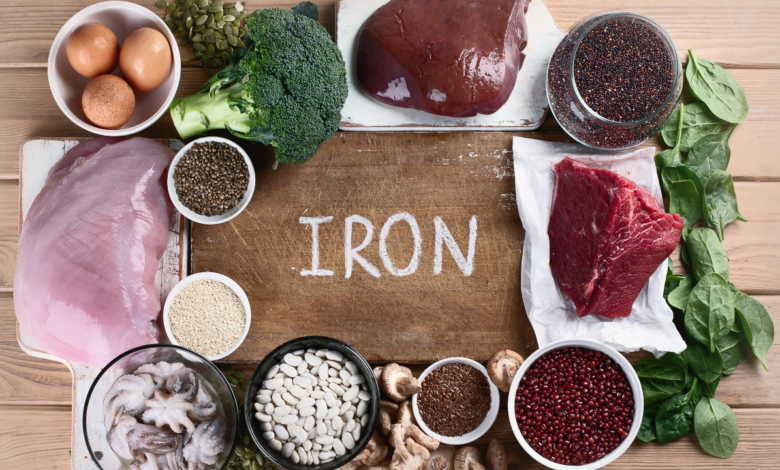Iron Studies

What is Iron studies?
An iron study is a series of blood tests used to evaluate the levels of iron and related proteins in the body. These tests help assess iron status and identify conditions such as anemia, iron deficiency, or iron overload.
Why Iron studies is required?
Iron studies are essential for:
- Diagnosing anemia: They can help determine if a person has anemia, a condition characterized by a decreased number of red blood cells or a lack of hemoglobin, the protein that carries oxygen in red blood cells.
- Evaluating iron deficiency: Iron studies can identify iron deficiency, a common cause of anemia.
- Monitoring iron overload: They can help detect iron overload, a condition in which there is too much iron in the body.
- Assessing overall health: Iron is a vital nutrient for many bodily functions, and regular iron studies can help monitor overall health.
which are the method of Iron studies?
Methods of Iron Testing:
Iron studies typically include the following blood tests:
- Complete blood count (CBC): Measures the number of red blood cells, white blood cells, platelets, and hemoglobin.
- Ferritin: Measures the amount of stored iron in the body.
- Transferrin saturation: Measures the percentage of transferrin, a protein that carries iron in the blood, that is saturated with iron.
- Total iron binding capacity (TIBC): Measures the total amount of iron that transferrin can bind to.
who should go for Iron studies?
Individuals who may benefit from iron studies include:
- People with symptoms of anemia, such as fatigue, weakness, or shortness of breath.
- Women who are pregnant or breastfeeding.
- Individuals with conditions that can affect iron absorption or utilization, such as gastrointestinal disorders or inflammatory bowel disease.
- People who have undergone surgery or have significant blood loss.
What are the results of Iron studies?
Results of Iron Studies:
The results of iron studies can vary depending on the specific tests performed. Abnormal results may indicate iron deficiency, iron overload, or other health conditions.
What are the components of Iron studies?
Components of Iron Studies:
- Complete blood count (CBC): Measures red blood cells, white blood cells, platelets, and hemoglobin.
- Ferritin: Measures stored iron.
- Transferrin saturation: Measures the percentage of transferrin saturated with iron.
- Total iron binding capacity (TIBC): Measures the total iron binding capacity of transferrin.
Iron studies are an important part of routine healthcare, especially for women and individuals at risk of iron deficiency or overload. Regular testing can help identify and manage iron-related health problems, improving overall well-being.





